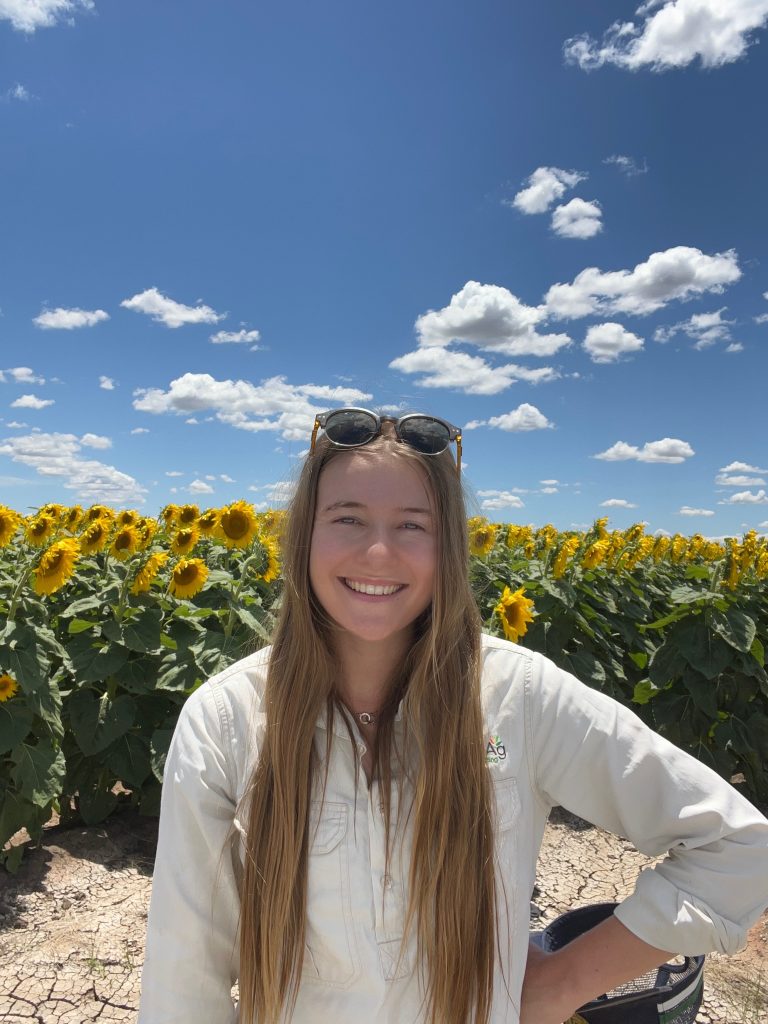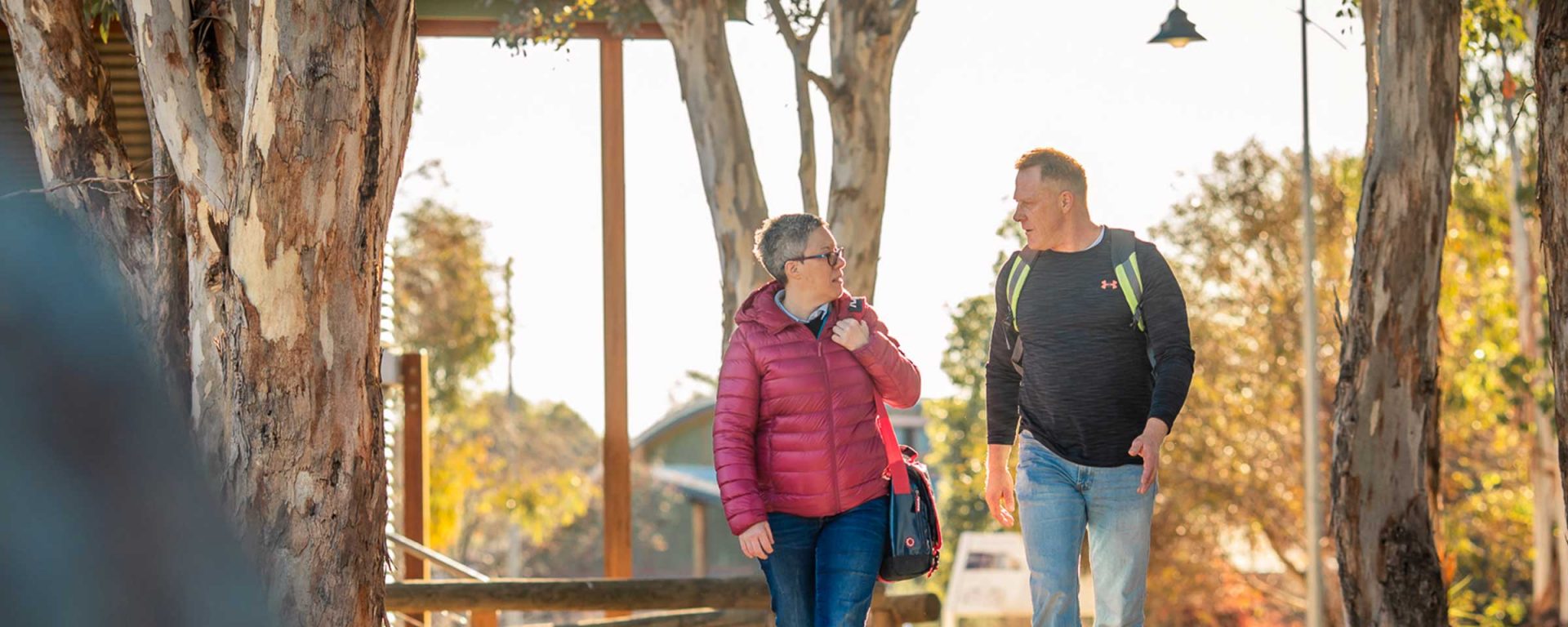Have you ever considered working or studying in the regions? Making a tree change from city life to regional Australia is a great move. Here are four reasons why from one of Australia’s leading demographic experts.

Simon Kuestenmacher is a rising star in the field of data management and insight. Not just a leading Australian demographer, he’s a Top 10 world influencer in data visualisation. Simon discusses how Australia is changing because of COVID-19 – and why this is the ‘decade of regional Australia’.
Australia pre-COVID
“Over the last couple of decades, we saw population growth occur essentially only in Australia’s capital cities. Right now, we are the most centralised population in the world. We have more than two thirds of our citizens living in just the big five cities.
“This is bad news for regional destinations. We want to spread growth to regional Australia, to make wealth better distributed across the country. In the aftermath of COVID-19, this is the decade of regional Australia. And there are four major reasons for this.”
“COVID-19 changed the way we think about Australia.”
1. Strengths of the regions in high demand: agriculture and local manufacturing
“At the start of the pandemic in March 2020, there was one small company in Australia that was able to produce medical-grade face masks – and they were in regional Australia. There were two companies in all of Australia that were able to pivot their manufacturing to create ventilators.
“That created supply chain sovereignty issues – we realised we need more manufacturing in the country. So, there is a lot of government spending moving into local manufacturing. And there is a stronger focus on local agriculture, in order to ensure we have a safe supply chain. This will only benefit regional Australia.”
2. Investment in infrastructure connecting regional centres to cities
“When there are high unemployment rates, the easiest way for a government to create jobs at scale is to invest in infrastructure. If we look at the infrastructure projects that are being funded, they are, to a very large degree, focused on connecting regional centres with capital cities, in order to better spread economic growth. This will benefit the regional hubs significantly – another great argument to move into a regional town.”
3. Increased attraction of low-density living
“Many people who experienced lockdown, especially those in inner-city Melbourne, now really like the idea of low-density living. This means you have people wanting to move into regional Australia, particularly those in their thirties who are reaching the family-formation stage of the lifecycle and are looking for larger houses. These people want to go to the regions – providing economic stimulus in regional Australia.”
4. Working from home enables remote living
“And of course, working from home. There is no longer any reason to be forced to live close to the CBD to have a short commute. Working from home will be increasingly more accepted – maybe not for five days per week, but maybe for three or four days. So, people are more likely to favour moving to regional cities that are a bit further afield.”
Studying and working in the regions
Studying and working in the regions is a great move. As Simon says:
“Regional Australia is really worth your time and energy in the 2020s”.
What our students love about studying in the regions

Abbey Kennedy was awarded the Destination Australia scholarship in February 2022, she relocated from Parkes to our Port Macquarie campus for her studies. Abbey feels very fortunate to be part of the Charles Sturt community – “I feel very privileged to be a student at this university. The campus is amazing, and the support is great.”
After relocating from her regional Parkes community to study, Abbey is determined to give back – “Radiology services [in regional NSW] often rely on Locum positions at a significant cost. I make the journey to Port Macquarie now hoping to one day give support the local and wider more remote communities as a qualified Radiographer.” This drive to create a world worth living in is being made possible by her Destination Australia scholarship – “Having the opportunity to be supported to study is a dream for me. I was able to move to better accommodation that made me feel safer and more content with living away from home… honestly without it, I may not still be at university.”

Another Destination Australia scholarship winner, Erin Munro also relocated to Charles Sturt for study – this time our Wagga Wagga campus. Erin recounts “my favourite thing about Charles Sturt University is the small community connection. I came to Charles Sturt with hardly any of my high schoolmates, and within the first week I met so many new people, all from different walks of life.”
Erin had some very straightforward advice on applying for the Destination Australia scholarship – “Just apply! You won’t lose anything by putting yourself out there!”
At Charles Sturt, we’re geographically gifted. We have six campuses in beautiful regional Australia where you can study – or find your next job – whether by the beach, among the gum trees or in the heart of the city. Make your next move count.


You must be logged in to post a comment.